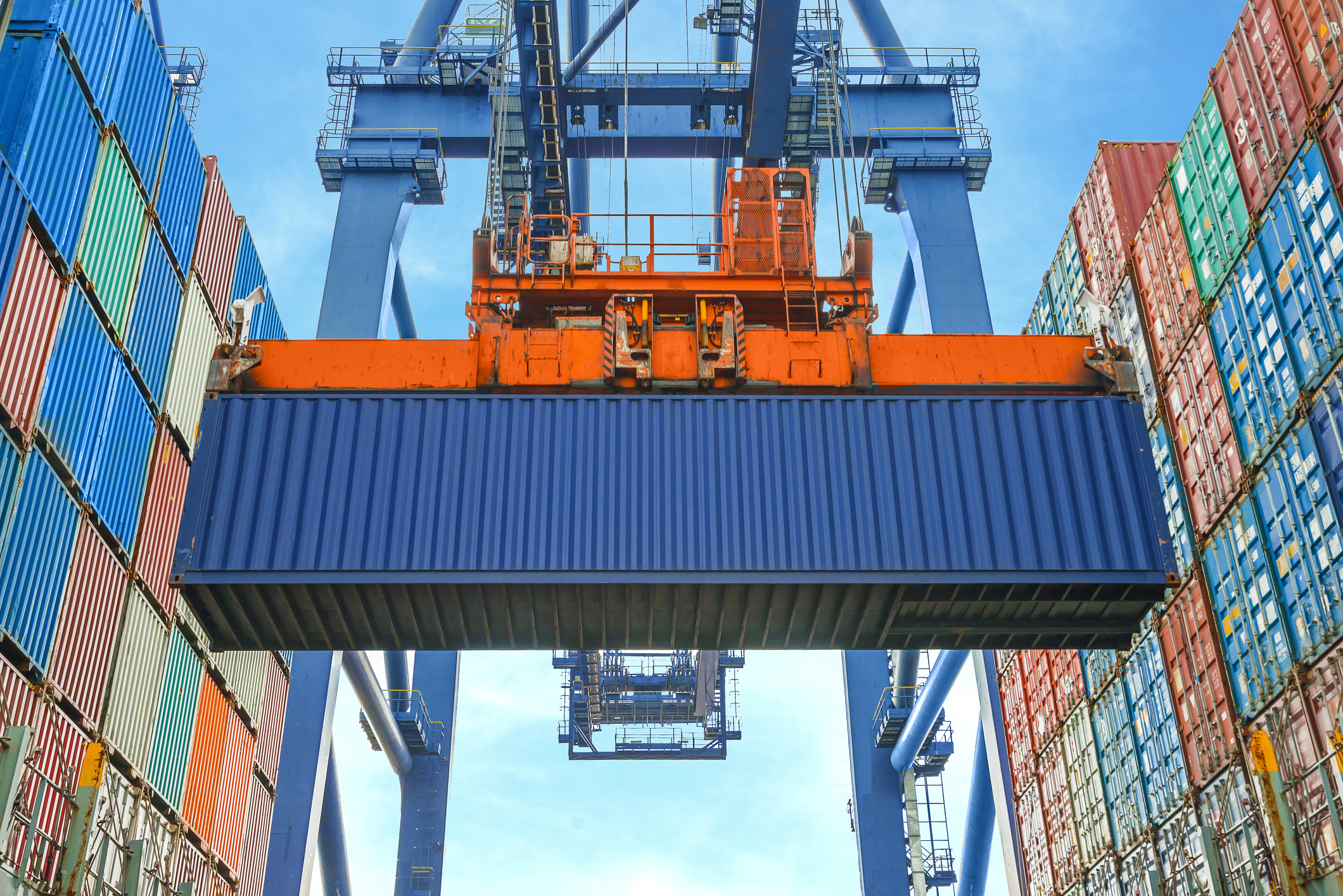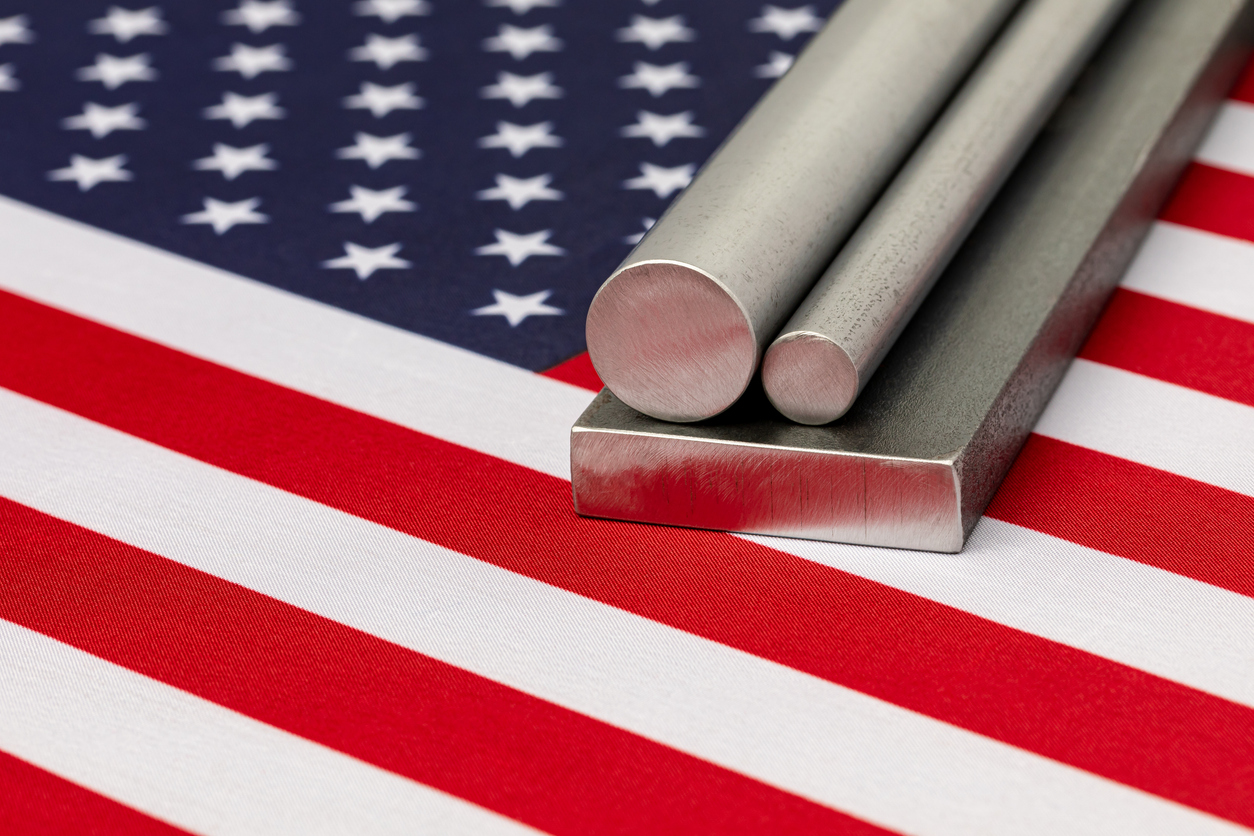Products made in Turkey and India were Transshipped through South Korea to falsify their country of origin
A federal court in New Jersey has sentenced an international jewelry dealer to 30 months in prison for evading customs duties on products imported from Turkey and India.
The sentence also covers charges relating to unlicensed money-transmitting business.
Monishkumar Kirankumar Doshi Shah, who ran jewelry companies in New York City’s “Diamond District,” pled guilty to unlawfully transshipping Turkish and Indian jewelry through South Korea to misrepresent its country of origin.
According to prosecutors, Shah’s associates in South Korea falsely relabeled the jewelry items as products of that country before re-shipping them to the United States. They were then entered through U.S. customs, with Korea falsely declared as the country of origin.
According to prosecutors, the scheme also involved using invoices and packing lists that inaccurately reflected the place of manufacture.
The government alleged that Shah unlawfully evaded higher rates of customs duties owed on the imports through the scheme.
Illegal transshipment
Customs duty rates can vary significantly based on an imported product’s “country of origin,” which under the law is the place where it was manufactured, produced, or grown.
Importers must truthfully declare their merchandise’s “country of origin” on their CBP Form 7501 customs declarations.
“Transshipment” is a category of customs fraud in which merchandise is shipped through third countries as a ruse for misdeclaring their country of origin and evading customs duties when finally imported into the U.S.
Importers engaged in transshipment schemes often change the labels on or repackage the imports to disguise their origin.
Illegal transshipment is suspected to be widespread, particularly for goods made in China, which are subject to hefty U.S. customs duties. Malaysia and Thailand are major “hubs” for transshipped merchandise entering the United States.
Blowing the whistle on customs fraud
While prosecutors charged Shah with wire fraud in connection with the jewelry transshipment scheme, customs fraud is also legally actionable under another federal statute, the False Claims Act.
The False Claims Act imposes significant liability on parties who cheat the U.S. government or its agencies.
Individuals with information or evidence about fraud against the government have the right to file lawsuits under the False Claims Act on the United States’ behalf, thereby becoming qui tam “relators” or whistleblowers.
The U.S. Department of Justice can intervene in and take over the case’s prosecution.
The whistleblower is entitled to 15% to 30% of any recovery as a reward.
False Claims Act whistleblower rewards can be significant. The statute entitles the United States to collect three times its damages plus penalties against violators.
The U.S. government has paid millions of dollars in whistleblower rewards in False Claims Act matters involving customs fraud.
Speak with a customs fraud whistleblower lawyer about your case
If you have evidence of customs fraud, you should speak with experienced customs fraud attorney Mark A. Strauss to learn about becoming a qui tam whistleblower under the False Claims Act. The consultation is confidential and free. All communications are subject to the attorney-client privilege. There is no fee unless we recover a whistleblower reward for you.




